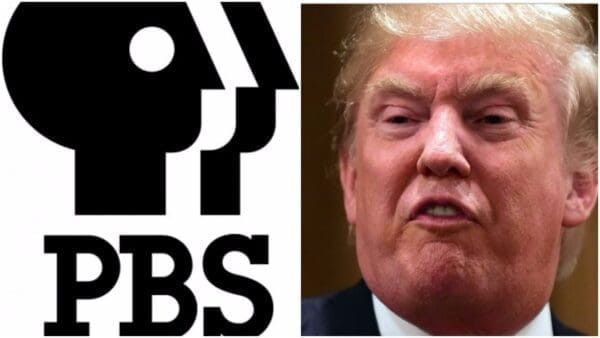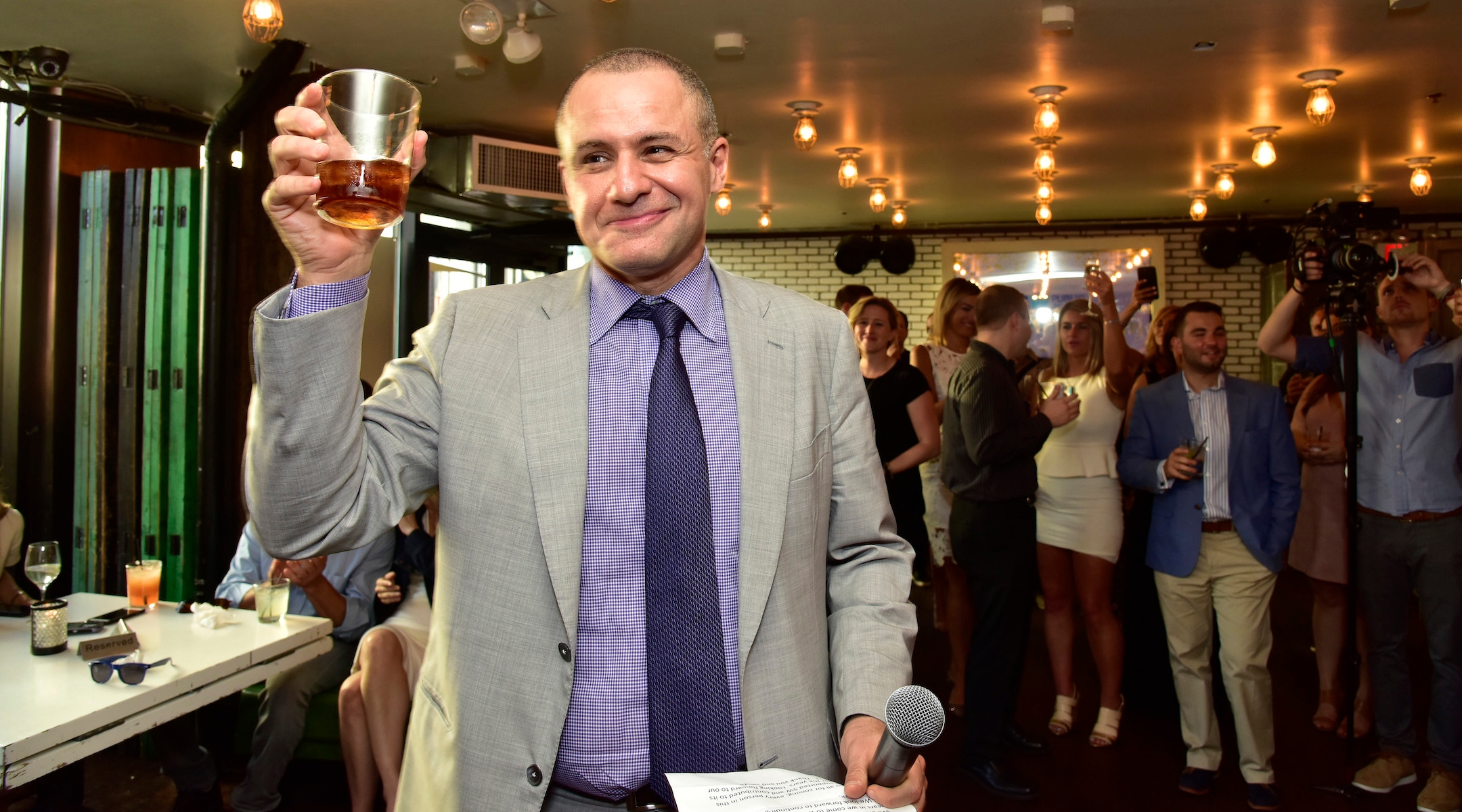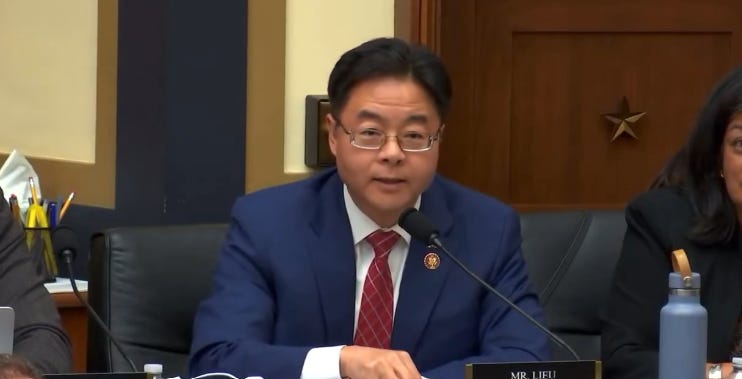President Donald Trump issued an executive order on Thursday night that seeks to eliminate federal funding for NPR and PBS, the latter of which airs widely admired educational programming like “Sesame Street.”
Trump’s ordertitled “Ending Taxpayer Subsidization of Biased Media,” instructs the Corporation for Public Broadcasting to “cease Federal funding for NPR and PBS.” Trump’s justification for the order is that NPR and PBS have purportedly failed to provide the public with unbiased, fair, and nonpartisan news coverage.
The effect of Trump’s order is unclear at the moment.
“CPB is not a federal executive agency subject to the President’s authority,” Patricia Harrison, the president and chief executive of CPB, said in a Friday statement. “Congress directly authorized and funded CPB to be a private nonprofit corporation wholly independent of the federal government.”
In 1967, Congress established CPB as an independent nonprofit corporation with the mission of disbursing federal funding to public media stations. CPB funds allow stations across the United States to purchase programming like “Sesame Street,” “Frontline,” and “Morning Edition” from PBS and NPR. CPB is funded two years in advance as a way to keep it independent of the political whims of Congress—and the presidency.
CPB is already suing Trump after he reportedly tried to remove three of the company’s five board members. In a statement regarding the lawsuit, CPB also focused on how it “is not a federal agency subject to the president’s authority,” so Trump’s new executive order is likely to be challenged in court on the same grounds. After all, Trump has repeatedly issued executive orders asserting unquestioned presidential powers that do not exist.
In his executive order, Trump asserts that the current media landscape, unlike when CPB was established, “the media landscape is filled with abundant, diverse, and innovative news options.”
Contrary to Trump’s claims, most mainstream media outlets are owned by private corporations that have in recent years and months made clear that they are willing to bow to Trump.
For instance, The Washington Post, owned by Trump inauguration attendee Jeff Bezoshas banned its editorial board from running opinion pieces that criticize free markets, an economic idea promoting minimal government regulation of private business and thus typically associated with conservative and libertarian movements. Another example is ABC News (owned by Disney), which settled a legally dubious lawsuit that Trump brought against it, and agreed to donate $15 million to his future presidential library.
Trump is no fan of nonpartisan media. He has tried to ban the Associated Press from covering his presidential events because the organization won’t call the Gulf of Mexico the “Gulf of America.” He has turned the White House press briefing into a showcase for MAGA-friendly media. And he has long been known to love Fox News’ “Fox & Friends,” a frequent source of lies, racism, and right-wing misinformation.
Trump’s executive order comes just a few weeks after the Republican-led House grilled the heads of PBS and NPR in a hearing led by Georgia Rep. Marjorie Taylor Greene, an infamous Republican crackpot. In that hearing, Republicans complained that public media needs to be defunded because it acknowledges the existence of transgender people and does not regurgitate right-wing propaganda.
Attacking public media is part of a decades-long conservative tradition. The right has expressed open opposition to public media’s tradition of educating Americans, both through beloved children’s programming and via news broadcasts on radio and television.
But the American public backs public media. Programs like “Sesame Street” are revered institutions, and polls find that both NPR and PBS are highly respected by Americans. Trump’s attack is out of touch with where most Americans are, and it’s part of a trend where he stands apart from the public.
Campaign Action











